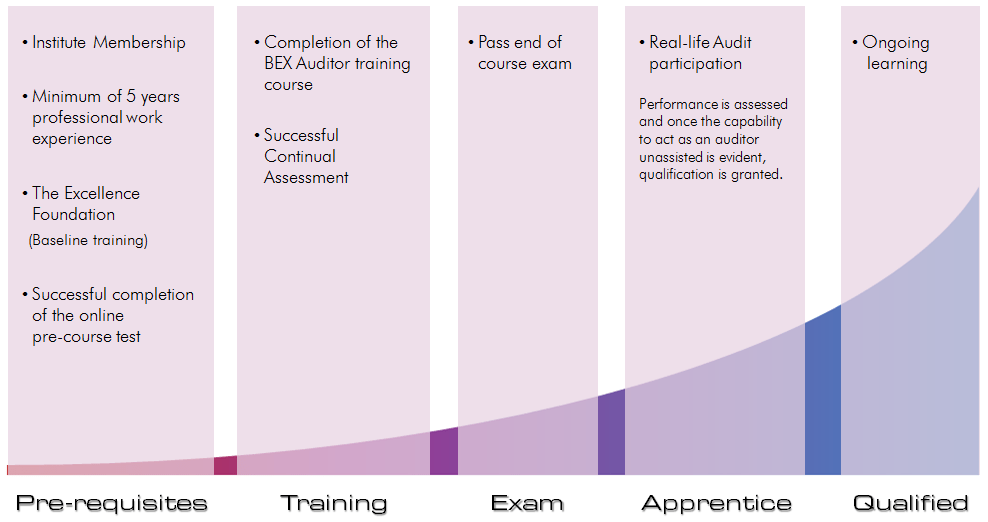In the twentieth century, Strategic management grew out of budgeting and long-range planning when the future was expected to be predictable and better than the present. This meant that all that was required for “strategic management” was extrapolation. As could have been predicted, these assumptions turned out to be incorrect, which gave rise to “strategic planning” which called for more analysis to enable better forecasting.
It was slow and labour intensive so strategic planning departments sprung up in organisations around the world. The resulting delegation of analysis and strategic planning to a staff function blurred the lines of responsibility and accountability, added significant bureaucratic overhead, and produced a tendency for planning to become an end in itself.
Strategic planning departments gradually vanished but, unfortunately, the legacy of strategic planning continues to influence management today. It has left us with confusion about what strategy is, a separation between thinking and doing, and an inability for many organisations to manage themselves strategically.
Nowadays, the majority of strategic management assumes that strategy creation and strategy implementation (which is seen as being in the domain of “operations management”) are separate. This decouples execution from creation, over-emphasizes the importance of analysis, and puts strategy formation into an ivory tower while simultaneously framing strategy formation and strategy implementation as discrete, sequential activities while, as Institute Fellow Henry Mintzberg points out, in reality, they tend to be intertwined.
This is highly problematic since, as Henry points out, “there is no such thing as an optimal strategy, worked out in advance”… a concept that, in the west, we can trace back to von Clausewitz’s notions of “friction” and the “fog of war” via von Moltke who notes in his 1890 work ‘On Strategy’ that “no plan of execution extends with certainty beyond the first moment of its implementation.”
To be truly strategic, executives need to immerse themselves in the day-to-day of strategy implementation and operational management so that strategic learning can occur. As such, at the Institute we work to help people learn how to be strategic rather than to learn “strategic management” per se.
If you are interested in learning more about strategy, The Business Excellence Institute has developed a course called Mastering Strategy which is delivered by our partner Dalhousie University. Find out more at: bit.ly/3OTq7W6.


















